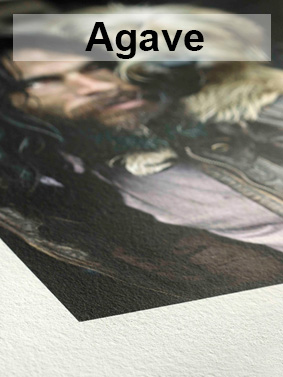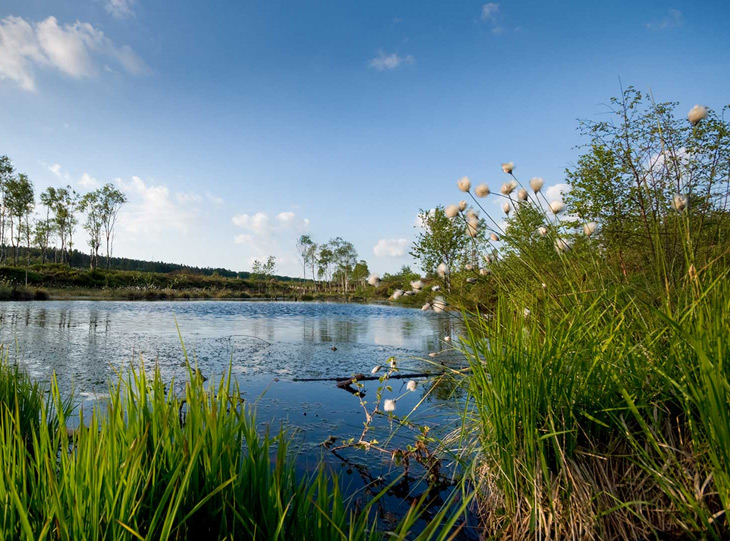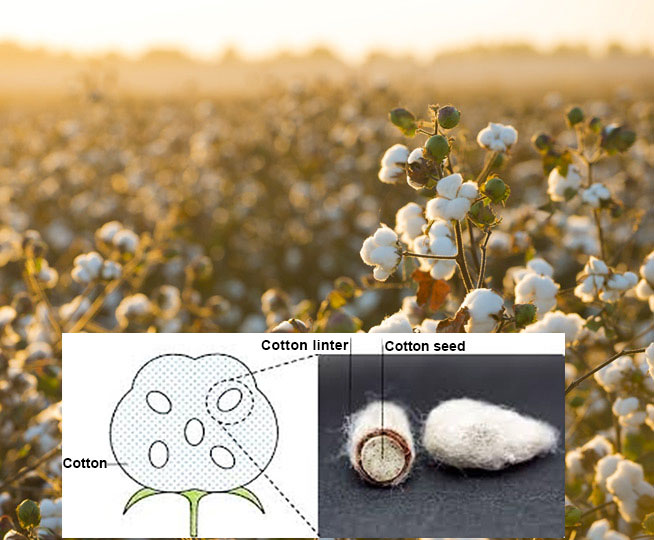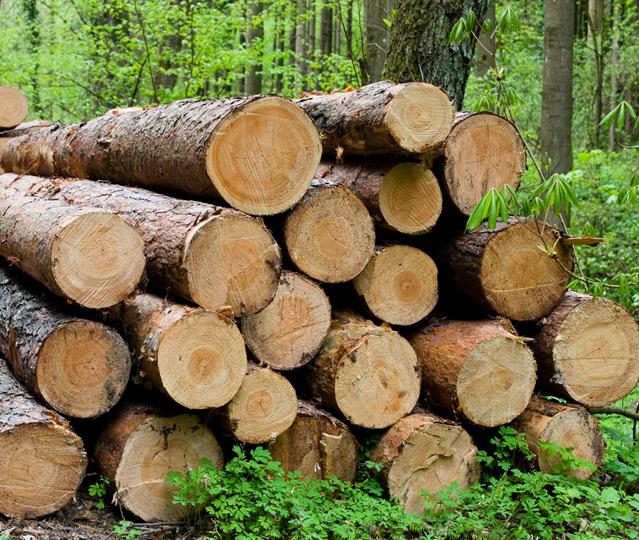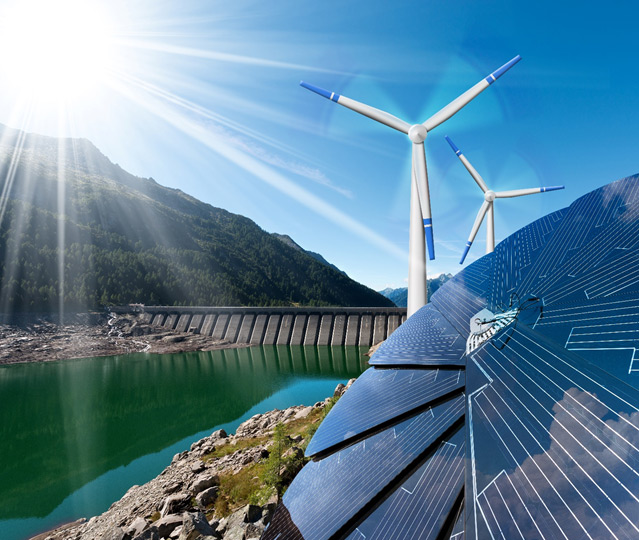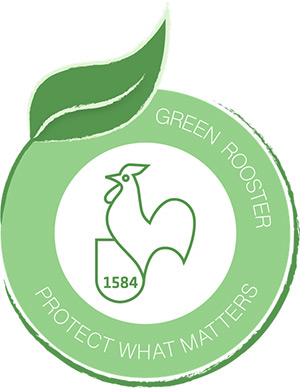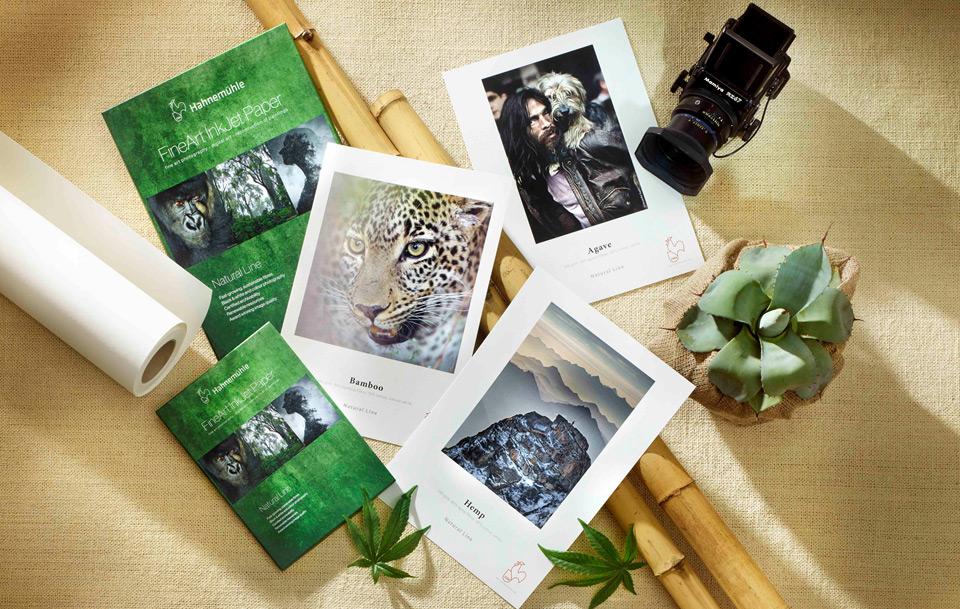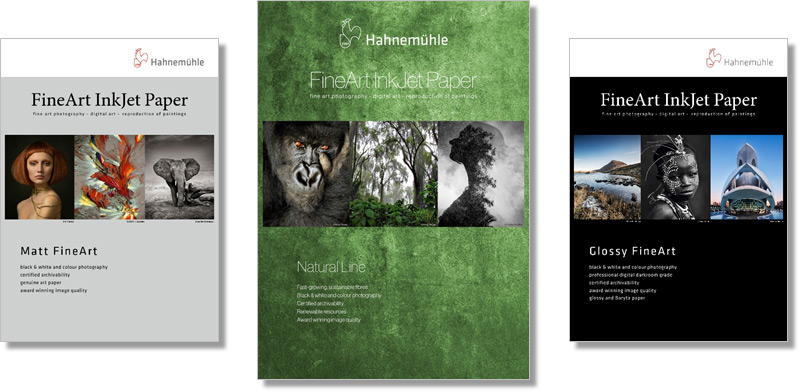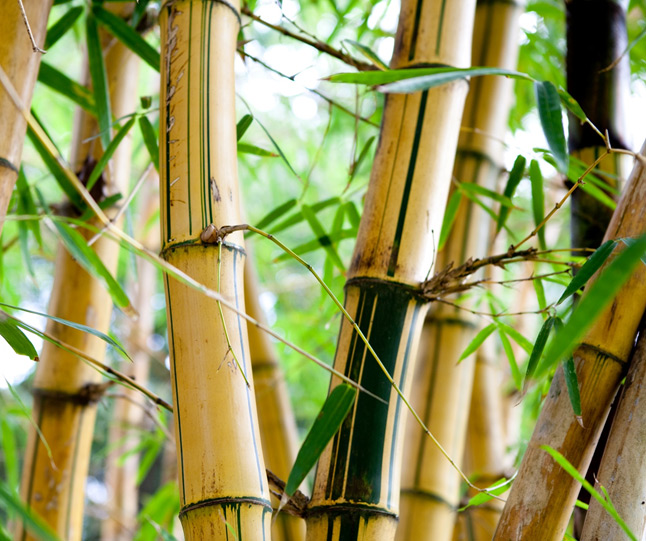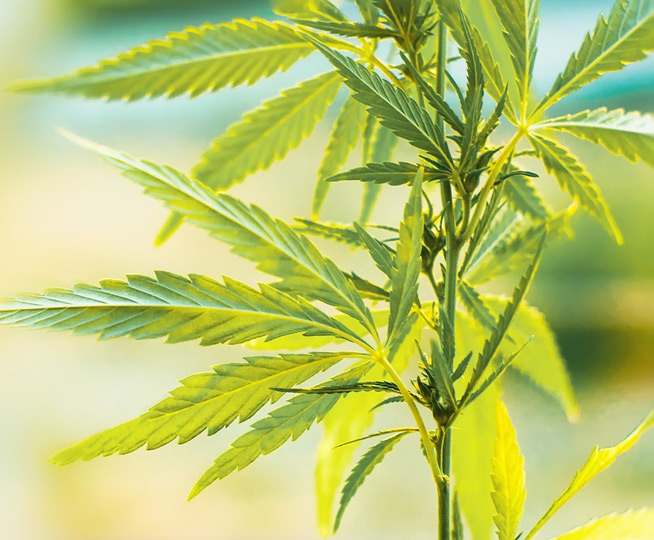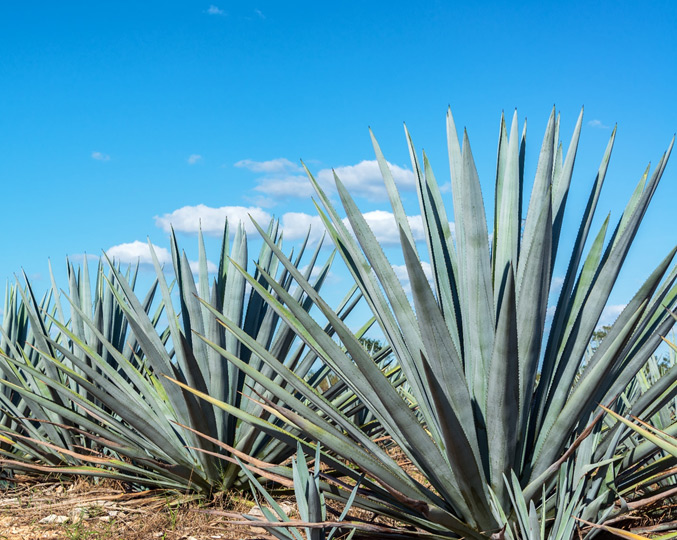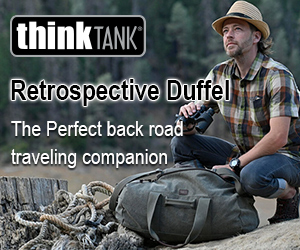Hahnemühle, founded in 1584 in Dassel, Germany is in the nature reserve region of Solling-Vogler. Our Mill is located in an environmental protected area – our production, actions and decisions are tied to special legal requirements and always taken with respect for nature and environment. A responsible use of resources like water, pulp, energy and packaging materials is standard policy at Hahnemühle.
The water we use to produce our high-quality FineArt papers comes straight from the source and is set apart by its particularly high level of purity, meaning it doesn’t need to be chemically treated at all. Even at the end of the production cycle, the wastewater has not been contaminated with pollutants and is returned to the river as high-quality water.
Cotton is one of our main raw materials to produce fine art papers. We don’t use the whole plant – only the by-product of a by-product! We use linters, which are fine fibres framing the seed of the cotton plant, which are disposed of by the textile and oil industries. We also have our sights set on finding fast-growing, renewable cellulose alternatives that help to conserve resources.
Next to cotton, alpha cellulose fibres are the second major ingredient in our papers. Cellulose fibres are mechanically and chemically prepared to extract the lignin from the fibres. Cellulose fibres come from different resources like pinewood, beech and eucalyptus. All of the cellulose fibres used by Hahnemühle are from sustainable forestry with either FSC or PEFC certification.
We use electricity and natural gas as our energy sources. For many years now, all the electricity we need has been generated exclusively from renewable sources, such as wind, water and solar energy. This enables us to sustainably reduce our CO2 emissions. We heat our site using natural gas. Due to our waste heat recovery system, the emissions from our furnace are considerably below the legal limits, by more than 40%.
Another key element of sustainable resource management is recycling. Any production waste or scrap materials are returned to the production cycle and, if that isn’t possible, they are handed over to other waste processors. We always give priority to recycled material as long as it can be used in our products without reducing their quality.
Clean water, natural fibres, first-rate expertise in the art of paper production and absolute commitment to quality have formed the foundation of our success for over 435 years. In our business, we feel we have a certain duty towards the environment. For many years, we have been supporting both regional and international environmental projects as part of our ‘Green Rooster’ initiative, including reforestation, animal protection and environmental education programmes. These projects are very important to us and we’re delighted to be able to use a share of the profits from our Natural Line to contribute towards environmental and climate protection.
We are proud of what we have achieved so far and are constantly working towards putting further measures in place and finding more environmentally friendly and sustainable ways to run our business. Our proximity to the natural world provides a daily reminder of what we need to protect. For us, this is both a responsibility and an incentive.
The Natural Line is part of the Digital FineArt Collection and complements the subcategories Matt FineArt Smooth, Matt FineArt Textured, Glossy FineArt and Canvas FineArt. It takes a special position in the Digital FineArt Collection.
With paper grades made from bamboo, hemp and agave fibres, the Natural Line focuses on exceptional raw materials. The sustainable fibres are harvested from undemanding and fast-growing plants, which don’t need any pesticides. Due to the rapid growth of these plants, they deliver more pulp on the same acreage than other raw materials while requiring significantly less water. Consequently, valuable resources are preserved, and the environment is protected.
The FineArt Inkjet papers of the Natural Line are a further step to continuously carry on with our striving for sustainability and to carefully use our natural resources.
- Is a grass and can grow 1 m a day
- Can be harvested annually
- No need to replant as its stumps sprout new growth
- Can thrive on depleted soil
- Doesn‘t require fertilizers, pesticides, etc.
- Reduces greenhouse gases by generating oxygen and sequestering carbon dioxide partially more efficiently than timber
- Requires less water than alternatives like cotton
- Prevents erosion due to its strong root system
- By dropping leaves throughout the year, it creates natural compost and turns degraded soil into farmland
- Sourced in China
- It’s fast-growing and reaches up to 4 m within 3 months.
- It’s an undemanding plant and grows almost everywhere without needing a special climate or soil.
- It doesn’t leach out the soil but improves the soil quality.
- As a deep-root plant, it loosens the soil.
- It requires considerably less water compared to cotton.
- It’s pest resistant and therefore doesn’t need any pesticides, herbicides or fungicides.
- Every part of the plant can be used – the seeds, the leaves and the stems.
- Hemp has a high carbon dioxide uptake and captures carbon emissions (carbon sequestration).
- Undemanding plant growing in the dry areas of the world
- Used to prevent desertification e.g. in Africa
- Doesn‘t require any pesticides, fungicides etc.
- In the growing phase, cultivated with other plants like corn or beans – prevents monocultures
- Improves soil quality due to humification of harvest residues
- Can be harvested several times a year over a period of up to 15 years
- Sourced in South Africa and Brazil
Visit Hahnemuhle Canada for more product information about Natural Line.





